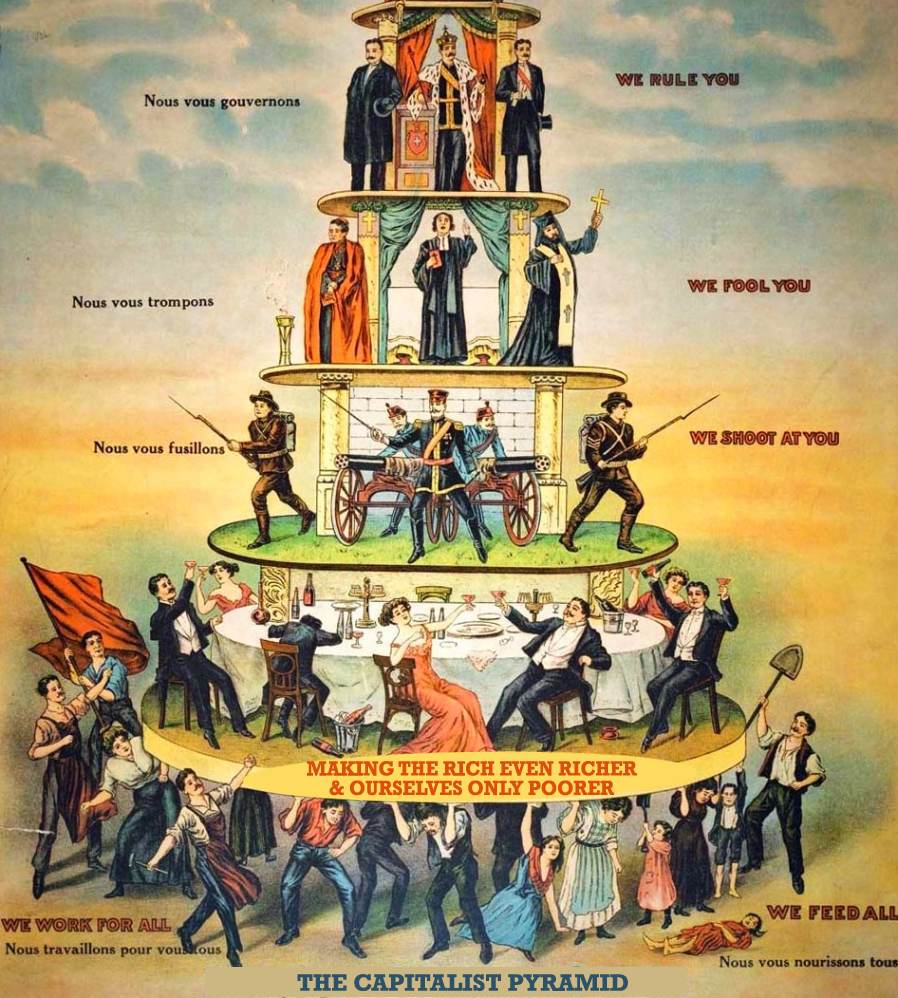Class is powerful for another reason: it shapes how we view and in turn treat groups of people. Class structurally disenfranchises and criminalizes marginalized communities: it’s how anti-Black and anti-Latinx racism, transphobia, misogyny, and nearly every other kind of oppression legally operate and take real form.
That’s why it’s necessary to treat class how we treat race, color, gender, and sexuality. But first, we need to start by talking about it. (Checking your class privilege once is like saying “I’m a white male—I have privilege,” and stopping there.) We need to have an ongoing, honest conversation and not abuse the ways in which we self-identify for our own benefit.
Read More | "The Queer Poor Aesthetic" | Shak'ar Mujukian | The Hye-Phen
